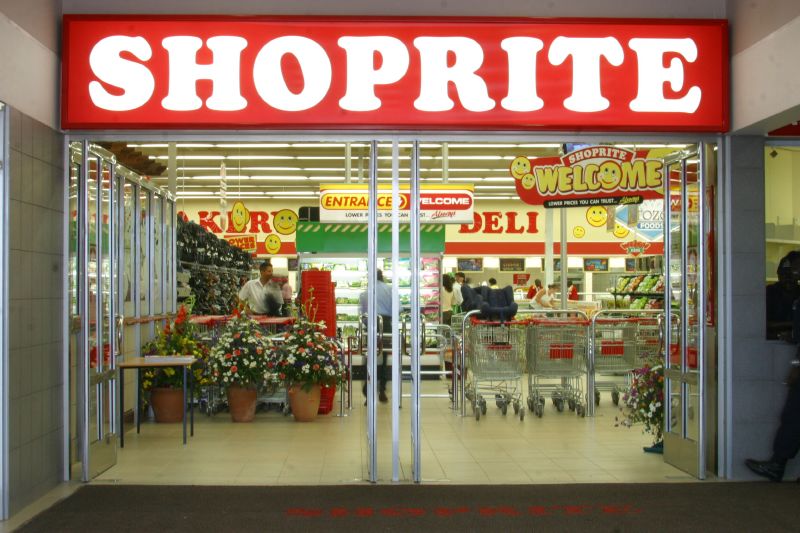Brands
Shoprite Exit: LCCI Explains Challenges Hurting Business Operations in Nigeria

Following the recent announcement of Shoprite, a leading South Africa retail giant, that it is leaving the Nigerian market due to harsh business environment and tough business policies, Dr Muda Yusuf, the Director-General, Lagos Chamber of Commerce and Industry (LCCI) has explained some of the challenges responsible for such decision despite Nigeria’s huge population size.
Yusuf said while such decision is negative for the Nigerian economy, several factors like harsh business environment could have forced the company to make such decision. He said it also could be due to intense competitive pressure.
He said, “Shoprite is an international brand with presence in 14 African countries and about 3,000 stores. The comparative analysis of returns on investment in these countries may have informed the decision to exit the Nigeria market.
“The opportunities for retail business in Nigeria is immense. But the competition in the sector is also very intense.
“There are departmental stores in practically every neighbourhood in our urban centres around the country. There is also a strong informal sector presence in the retail sector. It is a very competitive space.”
According to the Director-General, there are also important investment climate issues that constitute downside risks to big stores like Shoprite.
He said, “These include the trade policy environment, which imposes strict restrictions on imports; the regulatory environment, which is characterised by a multitude of regulators making endless demands.
“There is also the foreign exchange policy, which has made imports and remittances difficult for foreign investors. There are challenges of infrastructure which put pressures on costs and erodes profit margins.”
The LCCI boss added, “But we need to stress that Shoprite is only divesting and selling its shares; Shoprite as a brand will remain. I am sure there are many investors who will be quite delighted to take over the shares.
“It should be noted that there are other South African firms in Nigeria doing good business. We have MTN, Multichoice, Stanbic IBTC, and Standard Chartered Bank, among others. Some of them are making more money in Nigeria than in South Africa.”
He added that some sectors are more vulnerable to the challenges of the business environment than others.